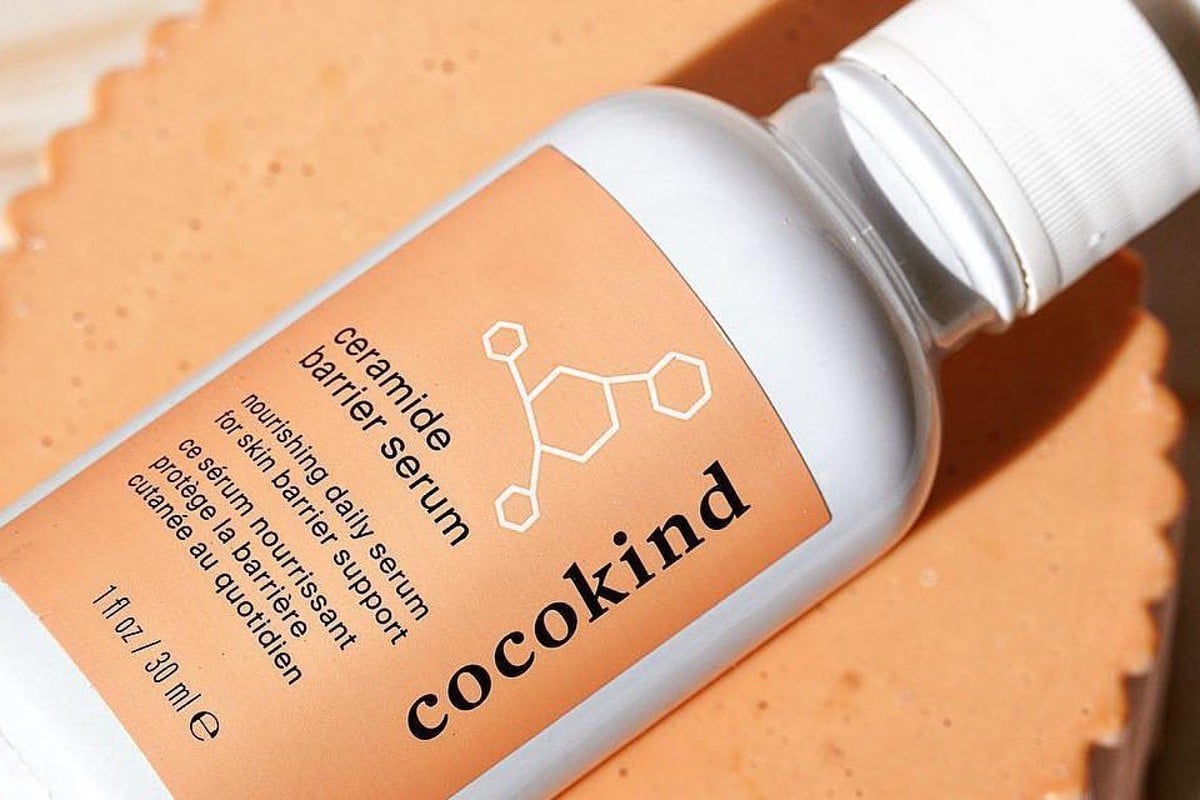During winter, dry air becomes a significant factor in skin problems. Cold weather strips moisture from the skin, and indoor heating systems reduce humidity levels even further. This combination can leave the skin unable to retain its natural moisture, resulting in a damaged skin barrier. When the skin loses water, its protective layer weakens, allowing irritants to penetrate more easily. This leads to inflammation, redness, and flakiness. A humidifier can help combat these effects by restoring moisture to the air, which then allows the skin to hold onto more water.
Skin operates on a delicate balance between oil and moisture. The outermost layer, the stratum corneum, has cells known as corneocytes embedded in a lipid matrix. These lipids include ceramides, cholesterol, and fatty acids, which work together to keep moisture inside. When humidity drops, this barrier weakens because water evaporates more quickly from the skin’s surface. This not only disrupts hydration but also alters the lipid structure, leaving gaps where irritants can enter.
Introducing a humidifier into a dry environment helps stabilize this barrier by adding water vapor into the air. Humidifiers help keep the air in a range where moisture is less likely to escape from the skin. By maintaining an indoor humidity level between 40% to 60%, the skin’s water loss reduces significantly. This means the lipids in the stratum corneum remain intact longer, allowing the skin to retain its elasticity and smoothness.
In clinical terms, humidifiers address a key factor known as transepidermal water loss (TEWL). TEWL measures how much water evaporates through the skin. In winter, due to low humidity and indoor heating, TEWL increases, especially for people with sensitive or already compromised skin. A humidifier reduces TEWL by preventing the skin from losing excess water. As the skin holds on to more moisture, it can better protect against irritation, cracking, and the worsening of conditions like eczema, which often flare up during the winter.
Without enough moisture in the air, the skin’s natural repair mechanisms slow down. This occurs because many enzymes in the skin that manage cellular turnover and barrier repair rely on adequate hydration. When the skin remains dry, it struggles to shed old cells, leaving a rough surface. This also makes it harder for any topical treatments or moisturizers to penetrate deeply and work effectively. By using a humidifier, you ensure the environment helps these processes rather than hinders them.
For those with pre-existing skin conditions, such as atopic dermatitis or rosacea, winter dryness often exacerbates symptoms. A humidifier becomes an essential tool for managing these conditions. By supporting the skin’s moisture levels, it reduces the triggers that can cause flare-ups, such as excessive dryness or environmental irritants. This allows your skincare treatments to work in synergy with a properly hydrated environment.
Many people assume applying lotions or oils is enough to combat dry skin, but these act only on the surface. Moisturizers form a barrier to lock in water, but without moisture in the air, their effectiveness diminishes over time. In contrast, a humidifier works from the inside out, addressing the root cause of winter skin dryness by changing the environment itself. The skin can then absorb more moisture and heal more effectively.
The Verdict
A humidifier provides clinical-level benefits by directly addressing environmental causes of winter skin problems. It reduces water loss, strengthens the skin’s natural barrier, and supports the overall health of the skin. If your indoor humidity level consistently falls below 40%, and you notice dry, flaky, or tight skin during winter, consider using a humidifier to restore balance. It can be a simple yet effective way to support your skin’s health during the colder months.
Read next: How to Combat Dry Winter Skin





